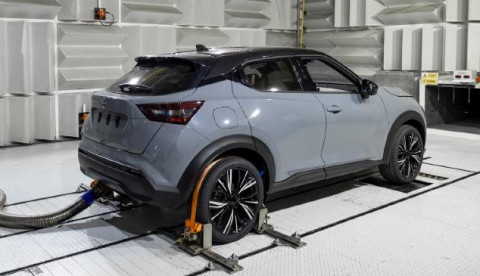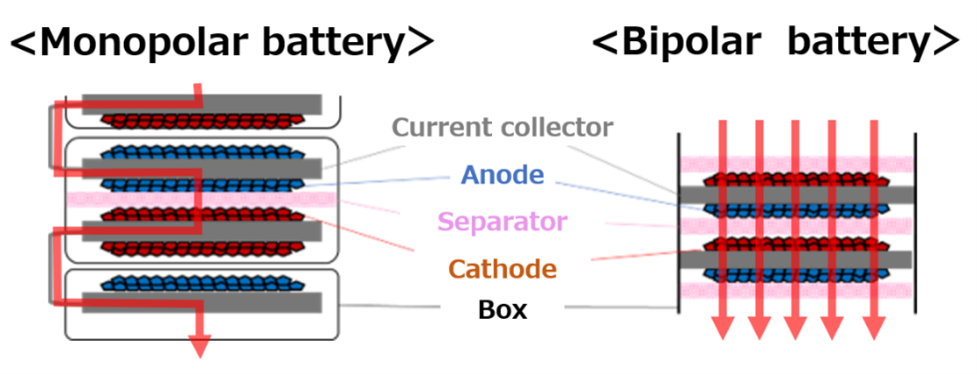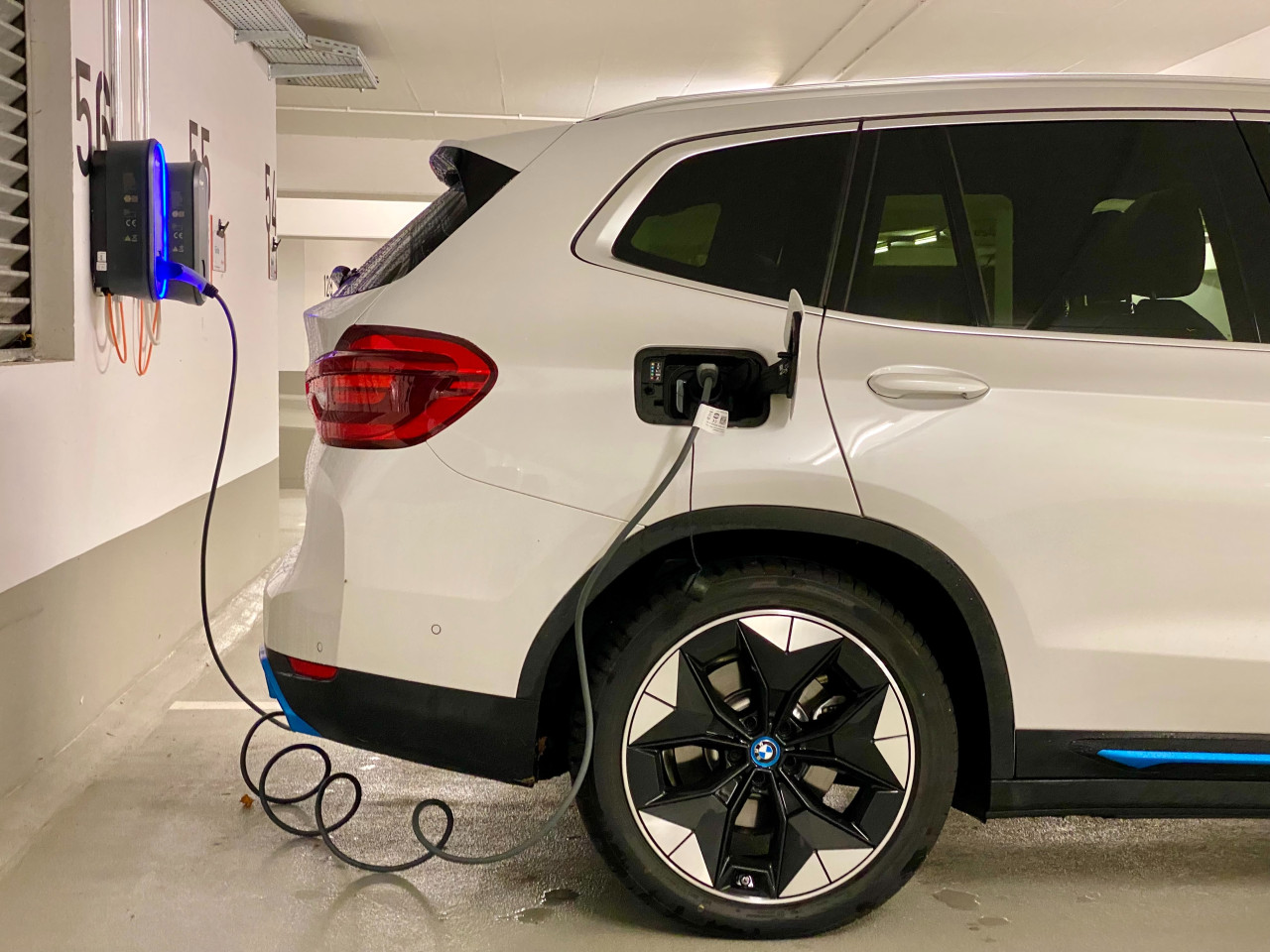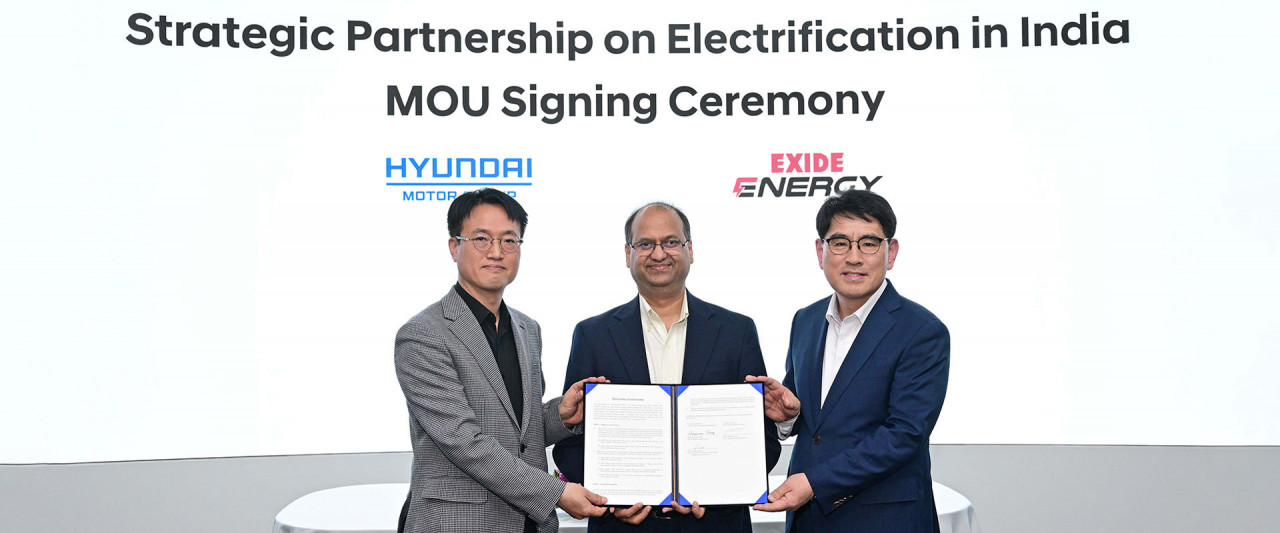Toyota's EV battery tech roadmap identifies 4 types including solid-state
Toyota Motor Corporation, which is generally critiqued for its "slow-paced" approach to electrification and e-mobility, has communicated a first insight into its next-generation BEV technologies and market launch, including a much-awaited clarity on its battery technology rollout plan.
At a recently held technical workshop under the theme of "Let's Change the Future of Cars" earlier this month, the company revealed that its next-generation BEVs will start production in 2026. These electric cars are expected to "loved as driving machines" that are designed and built differently, powered by a range of new advanced batteries developed specifically to meet Toyota's diverse customer needs, it said.
"We will need various options for batteries, just like we have different variations of engines. It is important to offer battery solutions compatible with a variety of models and customer needs", observed Takero Kato, President, BEV Factory. He noted that these next-gen BEVs will account for about 1.7 million of the 3.5 million BEV units that his company is targeting to sell by 2030.
RELATED: Toyota to invest $ 5.6 billion on EV battery production in Japan and US
Accordingly, Toyota's EV battery basket now consists of four next generation battery types including both liquid and solid electrolytes. The company has identified three main technologies under development for liquid electrolyte batteries, namely 'Performance', 'Popularized' and 'High Performance'.
- Performance: Lithium-ion battery to be introduced in 2026 with increased BEV driving range over 800km, together with improved aerodynamics and vehicle light weighting. This type boasts 20 percent reduction in cost (compared to current bZ4X BEV), and quick recharging time of 20 minutes or less (SOC 10-80 percent).
- Popularized: Lithium iron phosphate chemistry batteries constructed using the bipolar technology that Toyota pioneered and confirmed with its NiMh hybrid EV batteries, combined with inexpensive lithium iron phosphate (LiFePO) as the core material. This high-quality, lower-cost batteries will support wider BEVs customers with a variety of battery options. Key features include 20 percent increase in cruising range (compared to bZ4X), 40 percent cost reduction, and quick recharging time of 30 minutes (SOC 80 percent).
- High-Performance: This type of battery combines the bipolar structure with Li-ion chemistry and a high nickel cathode to achieve increased driving range capability to over 1000 km. The high-performance batteries expected to boast 10 percent reduction in cost and rapid charging time of 20 minutes or less, with roll out likely in 2027-28.
Further, Toyota claims to have made a technological breakthrough in its quest to improve the durability of Li-ion solid-state batteries. The company is said to be working on the technology for over years now, finally getting it ready for commercial use by 2027-28.
RELATED: Toyota's SSBs: EV batteries that charge as quickly as cellphones?
These batteries have a solid electrolyte, which allows for faster movement of ions and a greater tolerance of high voltages and temperatures, making them suitable for rapid charging and discharging and delivering more power in a relatively smaller form than existing types.
The company claims to have overcome the problem of shorter battery life identified with solid-state batteries with recent technological advancement, thus moving towards the mass-production for BEV application. Toyota's first solid-state battery is expected to offer 20 percent increase in range as against the 'Performance' type batteries and faster charging time of 10 minutes or less to achieve 80 percent SOC.
Toyota also claims to be working on a higher specification solid-state battery targeting a 50 percent improvement in BEV range compared to the 'Performance' battery. The company is also focusing on developing flatter battery packs to have positive impact on packaging, driving range and performance of BEVs.
























